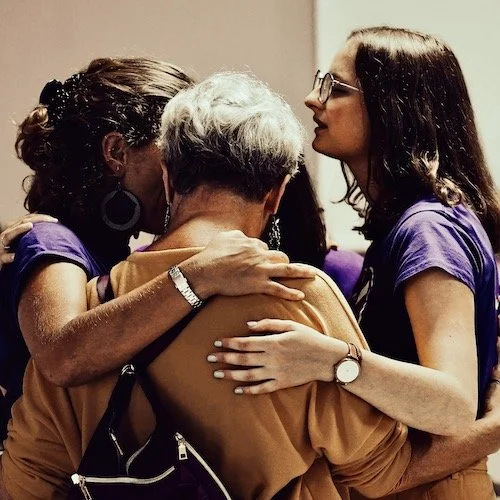James 5 – Prayer Matters
/The many forms and styles of prayer – which we’ll talk about soon – help us create and nurture healthy, life-giving relationships with God, with ourselves, and with others. When we choose to engage with this powerful tool, the Kingdom of Heaven is filled with the energy of Divinity Itself. That energy, that power has transformed communities and lives for millennia; and prayer can do the same for us today. Let’s embrace this power and open our lives to God’s transforming Spirit.
Read More





